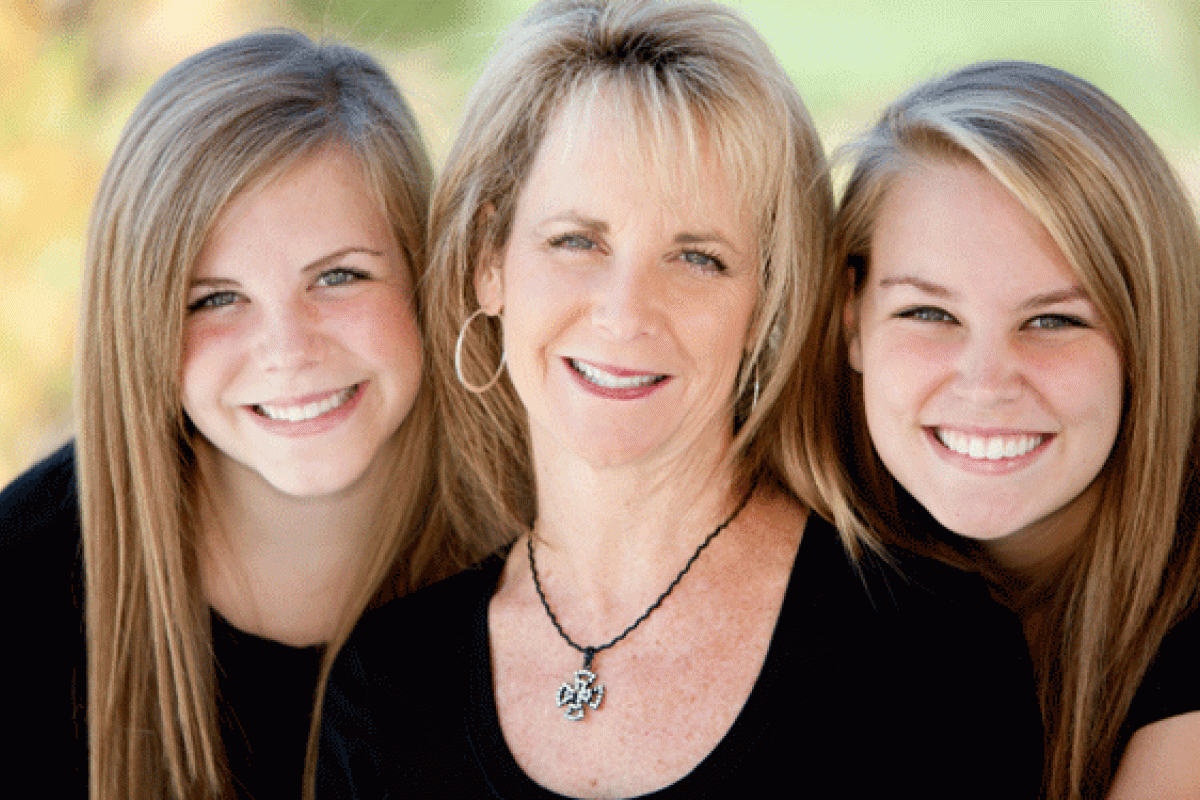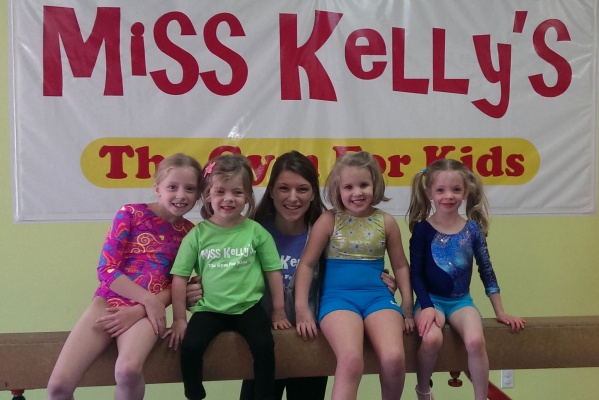

Preparing Now for the Big Talk Later
Recently, with an unexpected hour to spare, I took my seven-year-old to the art museum for a little cultural immersion and 60 minutes of free entertainment.
When we came home, my husband asked her about her first museum experience.
“Everything was about sex,” she shrugged.
My first thought was, “One of the world’s greatest collections of art, and that’s what you walk away with, pervert?” My second – “Wait, you’re seven. Oh no. No, no, no, no, no.”
To a grade schooler, the word “sex” is tiny, but opens up a world of questions and confusion. (Ok, it’s the same for adults too). No matter how we try to keep the topic from their radar, the word sneaks into their everyday vernacular, thanks to the media and all the older kids at the back of the school bus.
As parents, we try to be responsible. We change “sex” to “socks” in Bruno Mars’ “Locked Out of Heaven.” We watch the TV edit of Grease so we can avoid the term p***y wagon. When they ask how babies are made, the answer of “God makes them” usually appeases them.
But kids aren’t stupid. Rizzo thinks she’s pregnant, and they wonder why. They learn from their friends that baby-making is a little more involved, and my edited answer of “God. And vodka.” no longer suffices. I switch off Flo Rida’s “Whistle,” and my good intentions turn into, “Why did you turn that off? Why is it bad? Is he not singing about a whistle?”
Having worked in HIV outreach, I have no qualms talking about sex with teens to the point of ad nauseam (“Yes, mom! I will always use a condom. Now be quiet – everyone around us is trying to watch the movie!”). But how do I respond to my kids’ questions now? How much are they ready for? And can I ignore their questions altogether to maintain their innocence – an innocence that erodes with the music at the skating rink, the billboard ads they see, and the commercials they watch?
A strong foundation in early childhood
According to James Carroll, a play therapist and registered clinician in Chesterfield, most elementary students have a vague understanding about sex, but parents thankfully still have a few more years to skirt the scientific explanation of the act. However, when your child does ask a question, it’s important to uncover where their questions stem from to learn about the discussions going on outside the home.
“With a younger elementary student, as a parent, I would ask them why they’re asking a question like this (did they see something or hear something or did someone tell them something that promoted their question). If it’s developmentally appropriate, I would then answer the question. If not, I would tell them you’ll discuss this with them when they’re older.”
So yes, it’s perfectly ok to answer a question in very general terms while firmly stating it’s a conversation that will come later down the road – a response a child comprehends. Covering your ears and screaming “I don’t want to talk about it” while running from the room makes the topic taboo instead of one for future discussion.
Like any big issue in life, the child’s age and level of development play an important role in the explanation of sex. Cutesy answers to the baby-making questions can get you through the first few years of elementary school. But once kids hit third and fourth grade, parents need to be sure they understand their bodies before the topic of sex enters the picture when they hit fifth and sixth grade and the exciting world of puberty.
“I think children need to understand what physical, emotional, and social changes are taking place with them before they can grasp the concept of sex,” Carroll explained. “I think that after discussing development changes that will take place, children should then be instructed about relationships (this discussion would really be based on the parent’s values toward relationships and sex). However, I think parents should keep an open mind with these discussions, as sexual orientations and gender identities of the child may surface that are different from the parents. As the child continues to mature, then a discussion of the actual act of sex will follow.”
Preparing them for the big decision down the road
Just as important to helping children understand the changes that are about to happen is using their formative years to strengthen their self-esteem, their self-awareness and their self-love (emotional self-love – physical self-love is a whole other subject). By strengthening our relationships with our kids now, when they do have pertinent questions at puberty, they’ll be comfortable coming to us instead of Dr. Google.
According to Dr. Tim Jordan, a leading expert on parenting girls, sex education is really “relationship education” and needs to start long before kids hit middle school.
“If parents are there for their child, consistently meeting their needs in healthy ways, kids grow up feeling loved, important, safe, accepted for who they are, and able to trust other people,” he writes. “This becomes the template for all future relationships, so it pays to get a good start. Teens who feel loved have the best boundaries with other people, because they know they deserve to take good care of themselves.”
By providing a solid foundation now, kids will build fulfilling dating relationships down the road in which each person is respected, and both parties make smarter decisions when their hormones kick in. Really, by spending time with our kids and teaching them to find their voice at 7, we’re promoting safer sex at age 17.
Both Carroll and Dr. Jordan believe parents need to bring up the topic to pre-pubescents in an arena kids are comfortable in. It’s not a gut-clenching, birds and bees talk that catches them off guard but one that stems from a matter, whether in the news, in pop culture or in school, that they’re familiar with.
Remarked Carroll, “I think it’s best that the parents be proactive and bring up these discussions (you are the parent, you lead) as opposed to letting their 11-year-old son or daughter get their sexual information from other 11-year-olds. If parents don’t give their children this information, their children will get the information somehow.”
Dr. Jordan noted relating the discussion to a topic, such as a pregnancy storyline on TV or an athlete’s indiscretion, gives them something to relate to. “Discuss these life events, ask kids what they think about it, listen to their logic without judgment, give them your perspective and other ways of looking at situations, and gently, with their permission, add your wisdom and values to the mix. Judging others for their sexuality and experiences closes the door to your teenager opening up to you. When kids feel heard and respected, they are more likely to listen and take things in.”
So for now, with my daughter turning eight this week, our main focus is on boosting her self-confidence and helping her understand her body and the changes about to come rather than worrying about a “sex” talk that thankfully we can push off for a couple more years.
And in the meantime, we can keep 2 Live Crew to a minimum in the minivan.

Metro East mom Nicole Plegge has written for STL Parent for more than 12 years. Besides working as a freelance writer & public relations specialist, and raising two daughters and a husband, Nicole's greatest achievements are finding her misplaced car keys each day and managing to leave the house in a stain-free shirt. Her biggest regret is never being accepted to the Eastland School for Girls. Follow Nicole on Twitter @STLWriterinIL





















